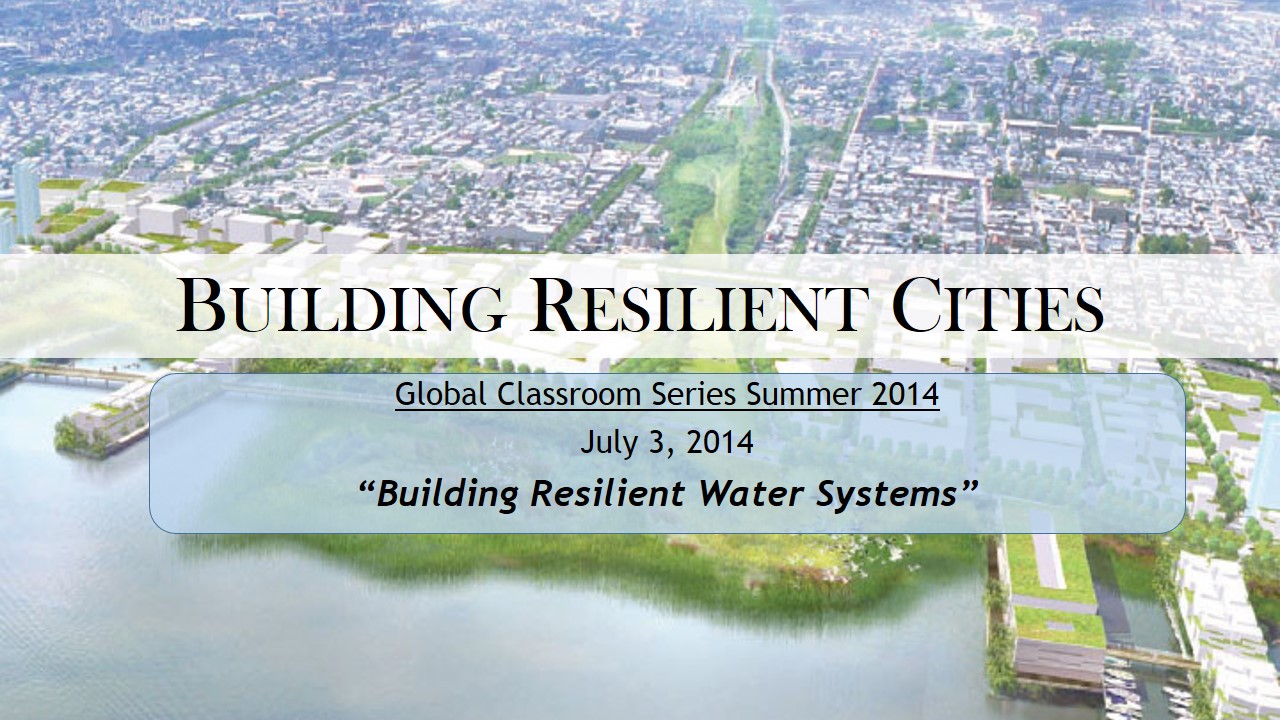water

Clean water is an essential necessity to everyday life. In the world today, around 1.6 billion people are experiencing complete water scarcity and by 2025, 2.8 billion will. Water related challenges such as droughts, floods, and wildfires are caused by global warming. These challenges are impacting the world at an economical, social, and environmental level. For example, farmers are expected to spend more money on irrigation and the chance of species endangerment has increased. Additionally, health problems arose due to poor water quality and the lack of water...
Many of the water scarcity related risks also occur in San Diego. With global warming, San Diego’s climate has become drier and average temperatures have increased. These have caused extreme weather conditions such as heat waves and wildfires. Due to high average temperatures and drier climates, an early start to the fire season occurred, igniting 9 wildfires in May of 2014. With these conditions intact, bodies of water that the city depends on such as lakes and reservoirs are drying up. The biggest risk that San Diego faces today is the water shortage of the Colorado River and the Sierra Nevada Snowpack, which makes up 85 -90% of the city's water origin.
San Diego faces its water risks with resiliency by diversifying its water supply so that our water sources are not solely dependent on the Metropolitan Water District. Instead, water comes from local reservoirs, recycling wastewater, stormwater management plans, and desalination, amongst other water supply alternatives. Recently, San Diego has taken steps towards building resilient water systems. The San Vicente dam was raised to store more water in case drought conditions worsen and the first phase of a demonstration project for an advanced purification water facility near the North County Reclamation Plant was completed, which will filter non-potable to potable water for the community. Another potential solution is desalination.
All of these water supply alternatives emphasize relying on our local supply of water (including the ocean) but its success depends on its energy and cost efficiency. There are political and technical barriers that need to be overcome before these solutions can be fully implemented on a large scale. Regardless, in order to set the right foundation for building a resilient water system, our community needs to adopt a new water conservation ethic. We need to change our habits so that we use less water in our daily lives. In this climate crisis, it is of the utmost importance to conserve water and useless.
